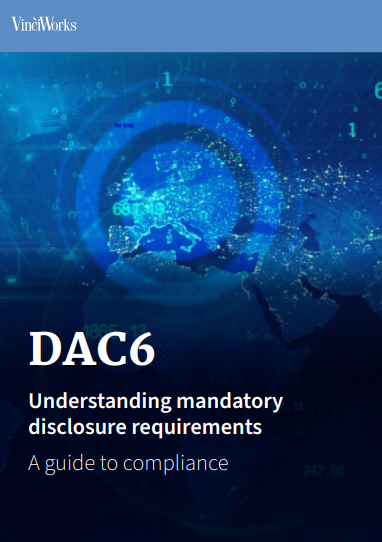Register for our DAC6 email updates

On 25 May 2018, the Economic and Financial Affairs Council of the European Union (ECOFIN) adopted the 6th Directive on Administrative Cooperation (the “Directive”), requiring so-called tax intermediaries to report certain cross-border arrangements that contain at least one of the hallmarks as defined in the Directive. The new EU rules which aim to clamp down on aggressive tax planning are set to impose a huge compliance burden on taxpayers and their advisers, potentially even in circumstances where there is no tax benefit at all.
Last year, we published a guide to help businesses better understand DAC6. Since then, we have consulted with HMRC and leading international firms to update the guide.
The guide covers:
- The purpose and scope of the Directive
- Who the Directive applies to and which transactions must be reported
- The hallmarks that must be met in order to require reporting and an explanation of relevant terms relating to each hallmark
- Guidance on preparation for DAC6
- Advice and tools for reporting cross-border arrangements












